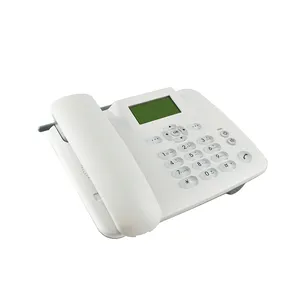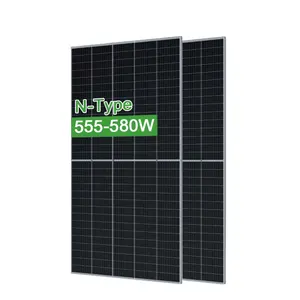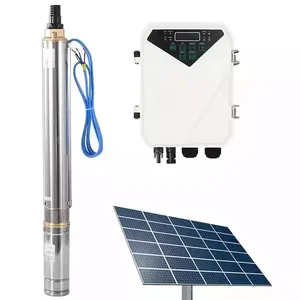Popular in your industry






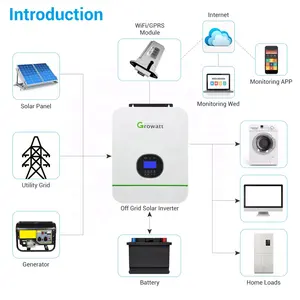










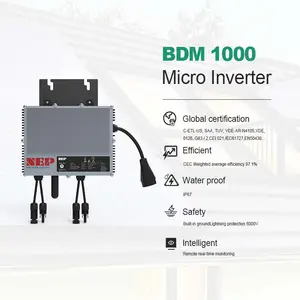



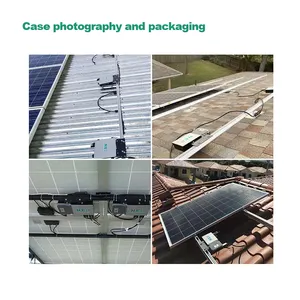









































































































































































Top categories
About low voltage inverter
Understanding Low Voltage Inverters
Low voltage inverters are essential components in modern electrical systems, converting DC (direct current) to AC (alternating current) at voltage levels suitable for various applications. These devices are pivotal for managing power in solar energy systems, home appliances, and other applications requiring energy conversion at a lower voltage.
Types and Applications
The versatility of low voltage inverters is evident in their range of types, including pure sine wave inverters, low voltage dc to ac inverters, and those designed for specific phases like three-phase and single-phase systems. They serve critical roles in solar power setups, such as low voltage grid tie inverters, and in residential contexts, ensuring that solar-generated electricity is compatible with home appliances.
Features and Materials
Inverters with low voltage cutoff are designed to protect batteries from discharging too deeply, extending their lifespan. Materials used in these inverters are chosen for durability and efficiency, ensuring reliable operation under various conditions. Some models include inverter with adjustable low voltage cutoff, allowing customization according to specific power requirements.
Advantages of Low Voltage Inverters
The advantages of using a low power inverter include improved energy management and safety. Devices like the dc inverter ac low voltage are engineered to operate with minimal energy loss, making them suitable for energy-conscious users. Additionally, features like the victron low voltage alarm provide an extra layer of security by alerting users to potential power issues.
Selection Considerations
When selecting a low voltage hybrid inverter, it is crucial to consider the specific needs of your system, such as compatibility with solar panels or home appliances. The inverter's capacity should match the energy requirements to ensure efficient operation without overloading the system.
Environmental Impact and Sustainability
The use of low voltage ac inverter and luminous inverter low voltage technology contributes to environmental sustainability by facilitating the use of renewable energy sources. These inverters enable the integration of solar power into existing electrical grids, reducing reliance on fossil fuels and lowering carbon footprints.
